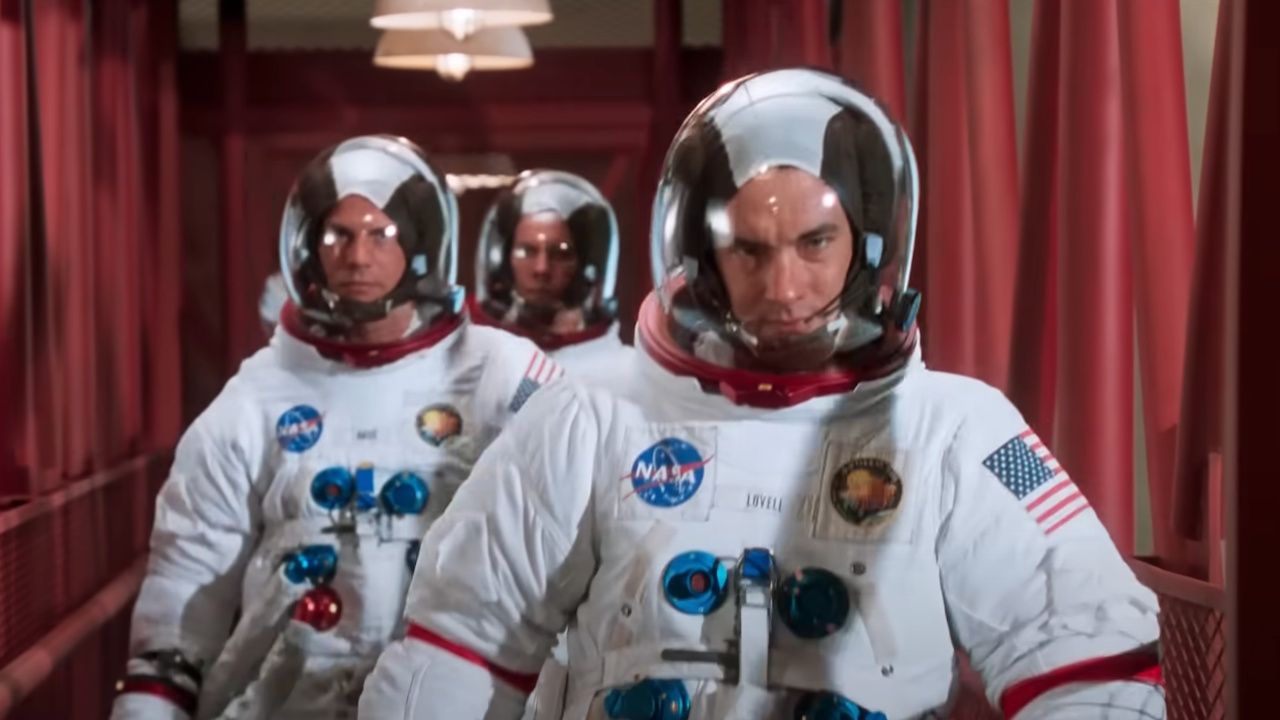
Ron Howard’s 1995 film Apollo 13 is one of the best movies of the ‘90s, winning two Academy Awards (but not Best Picture) from nine nominations. The fact that it’s based on the real-life doomed moon mission of Jim Lovell and his crew adds to the suspense and horror, even if you already know how it ends. I decided recently to revisit the movie for the first time in decades, and I was really struck by one story in particular.
I am so captivated by the majesty of space, and with Apollo 13 being one of the best space movies ever, it was always those scenes — of Tom Hanks, Bill Paxton and Kevin Bacon’s characters crammed into a broken ship flying through the vastness — that held my attention when the movie came out. This time, though, I was blown away by Ed Harris’ Gene Kranz and the people on the ground helping to bring the astronauts home.
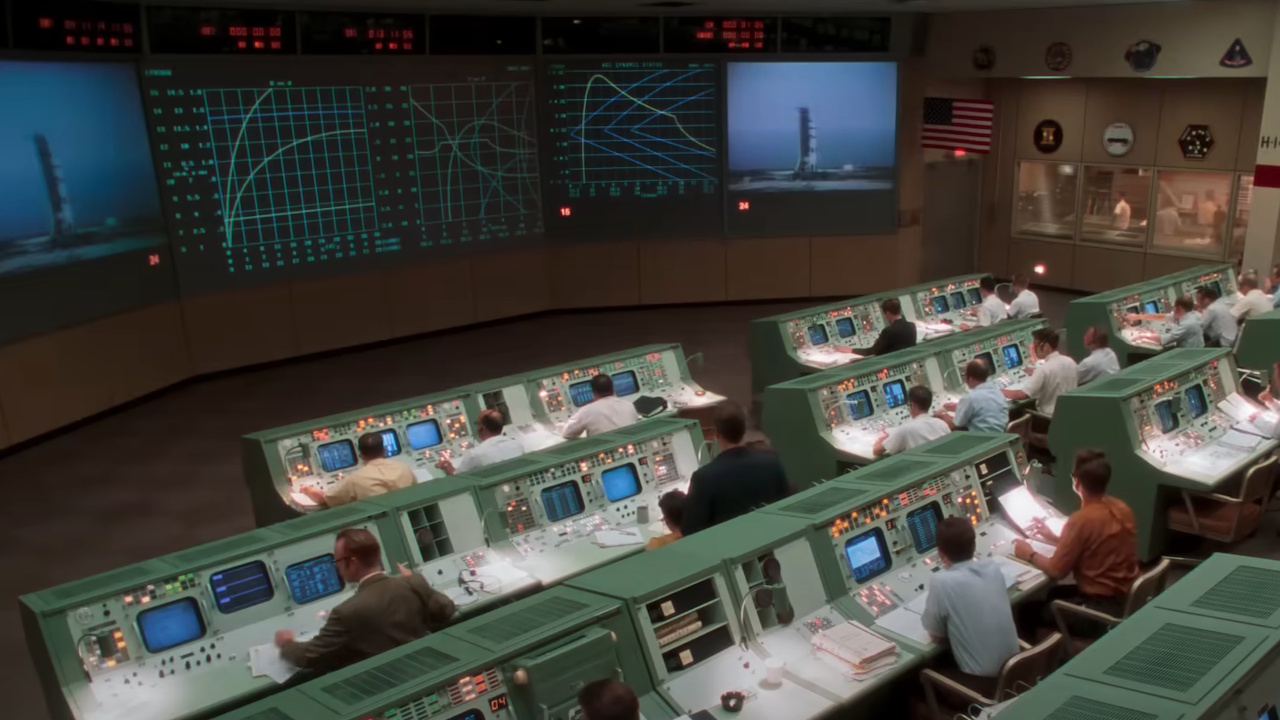
The Space Emergency Is Straight-Up Terrifying, But I Was More Fascinated By The Rescue Efforts This Time
It’s incredible to witness the star power that Tom Hanks, Kevin Bacon and Bill Paxton bring to Apollo 13 as Jim Lovell, Jack Swigert and Fred Haise, respectively. The audience understands how much this mission means to them, because the first hour of the film shows their preparation, their excitement, their years of work all leading to this moment.
All too soon their dreams of walking on the moon are vanquished, and it’s a long shot they’ll even make it back to Earth alive. It’s no wonder this used to be my primary focus, with Tom Hanks’ ability to rip our hearts out, but now, years later, I found that during those tense scenes on the ship, I was really anticipating getting back to Houston to see how their rescue efforts were going.
I honestly think it was that 1970s technology (or lack thereof) that I found so fascinating.
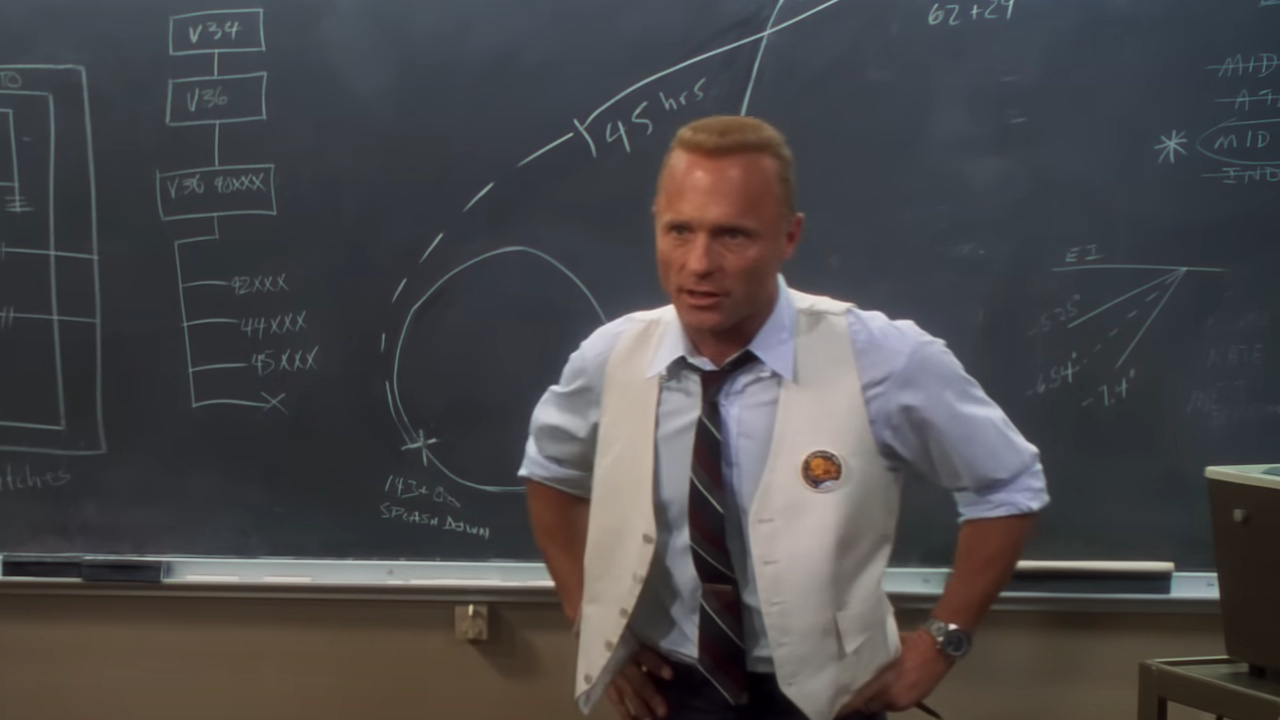
My Mind Was Blown By What Mission Control Was Able To Accomplish Without Modern Technology And A.I.
Look, I’m an Xennial, so I’m fully capable of solving math problems without a calculator and doing research without the Internet. Still, now that I’ve had a smartphone and a stable Wi-Fi connection for half of my life (not to mention A.I.), I’ll admit I, like everyone else, have become pretty dependent on the convenience of modern technology.
This is why I found myself amazed at what the Mission Control workers were capable of. Lives were at stake, and these scientists were calculating degrees of re-entry by hand! With pencils! On paper! There was simply no margin for error, and I couldn’t help but think of how much easier it would be today to just punch some numbers into a machine.
Of course back in the ‘90s, which was probably the last time I watched Apollo 13, I had no idea of the technological advancements that were to come, so it makes sense that seeing the analog work didn’t affect me the way it did on this viewing. Back in 1995, the biggest technological achievement in my life was probably a search engine. And not a good one.
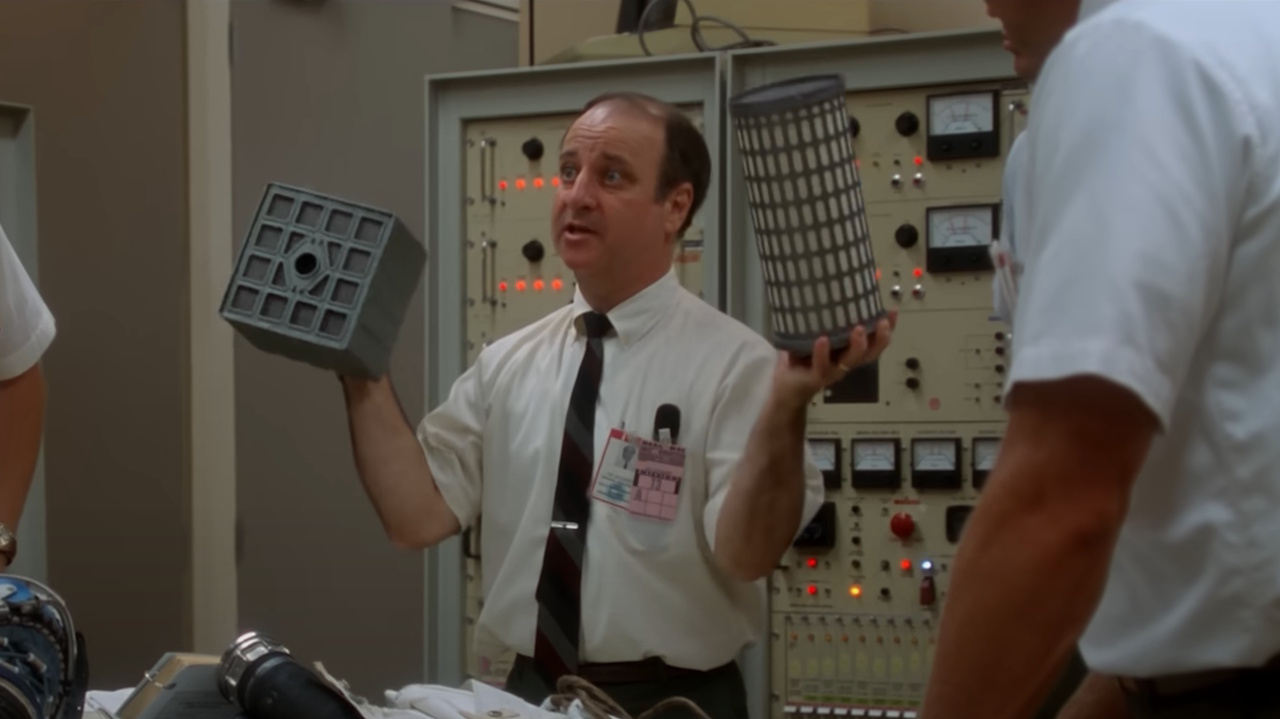
What Was More Fascinating Than When They Built That Filter Using Only Things That Were On The Ship?
One of the big standout moments for me was when the people on the ground had to fashion an air filter using nothing but what the astronauts had on board when carbon dioxide levels started to get dangerously high — literally figuring out how to fit a square peg in a round hole.
I’d watch an entire documentary on what I imagine was a grueling trial-and-error process of hacking an air filter using the cover of the crew’s flight plan, some plastic bags, duct tape, etc. MacGyver’s got nothing on these Mission Control heroes! That kind of effort and resourcefulness is just something you don’t see every day — especially without the help of a YouTube tutorial.
Ken Mattingly (Gary Sinise) — who was grounded shortly before the launch due to his exposure to measles — contributed to his colleagues’ rescue in similar fashion. He recreated the conditions of the Aquarius “lifeboat” back on Earth to figure out how to power up the craft without using too much power. It appeared to be a slow and frustrating process, but somehow, all involved kept their cool and pressed on until they came up with a solution.
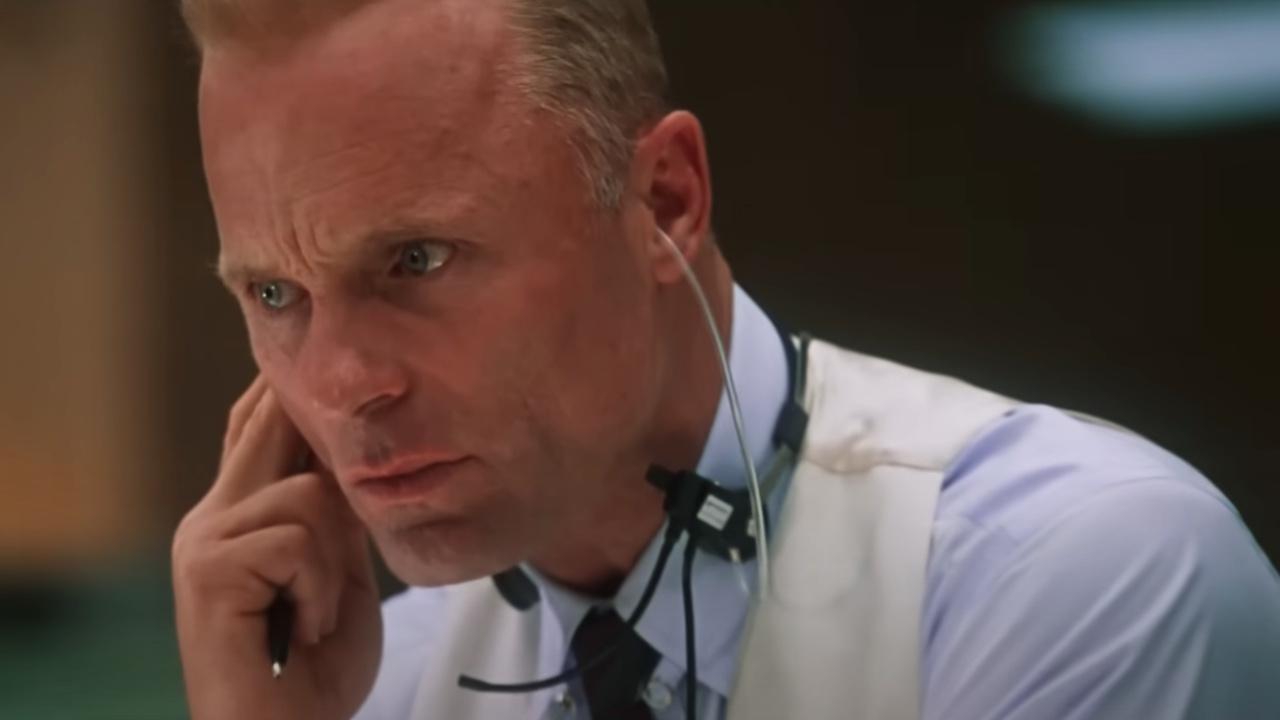
Ed Harris’ Award Nominations Make So Much Sense
I recall Ed Harris being celebrated for his portrayal of flight director Gene Kranz, but I feel like I never fully appreciated the performance — or the character’s control over the situation — until my most recent viewing. Harris was nominated for the Best Supporting Actor at the Academy Awards and Golden Globes, and he won in that category at the SAG Awards.
I know that the famous movie quote, “Failure is not an option,” was not actually uttered by Gene Kranz in real life, but it embodied the man and the mission all the same. What struck me most in Ed Harris’ portrayal of him was how cool he stayed under pressure.
On my worst day on a job, I have never been tasked with an unprecedented rescue of three of my co-workers, yet I’m sure I’ve gone into a full-blown panic over issues that are trivial in comparison. Not Gene Kranz, though. In fact, it wasn’t until well into the second half of the nearly 2.5-hour film that he even raised his voice, and he may have only done it once.
Instead, he listened to the experts around him, he trusted his people to do their jobs and he found solutions instead of listing the problems. He was focused on bringing his men home — not worried about lawsuits or running his every move up a corporate ladder, as I imagine would be protocol in a more modern era.
Am I more in awe of Gene Kranz or Ed Harris’ portrayal of him? Honestly, I don’t know (probably both), and I think that speaks to the quality of the film.
Apollo 13 is one of those survival movies that leave you exhausted, and I’m so glad that it lived up to my memory of how good it was. It’s also interesting to me that watching it again so many years later made me appreciate different aspects of the rescue more, while still enjoying the marvels (and horrors) of space.







